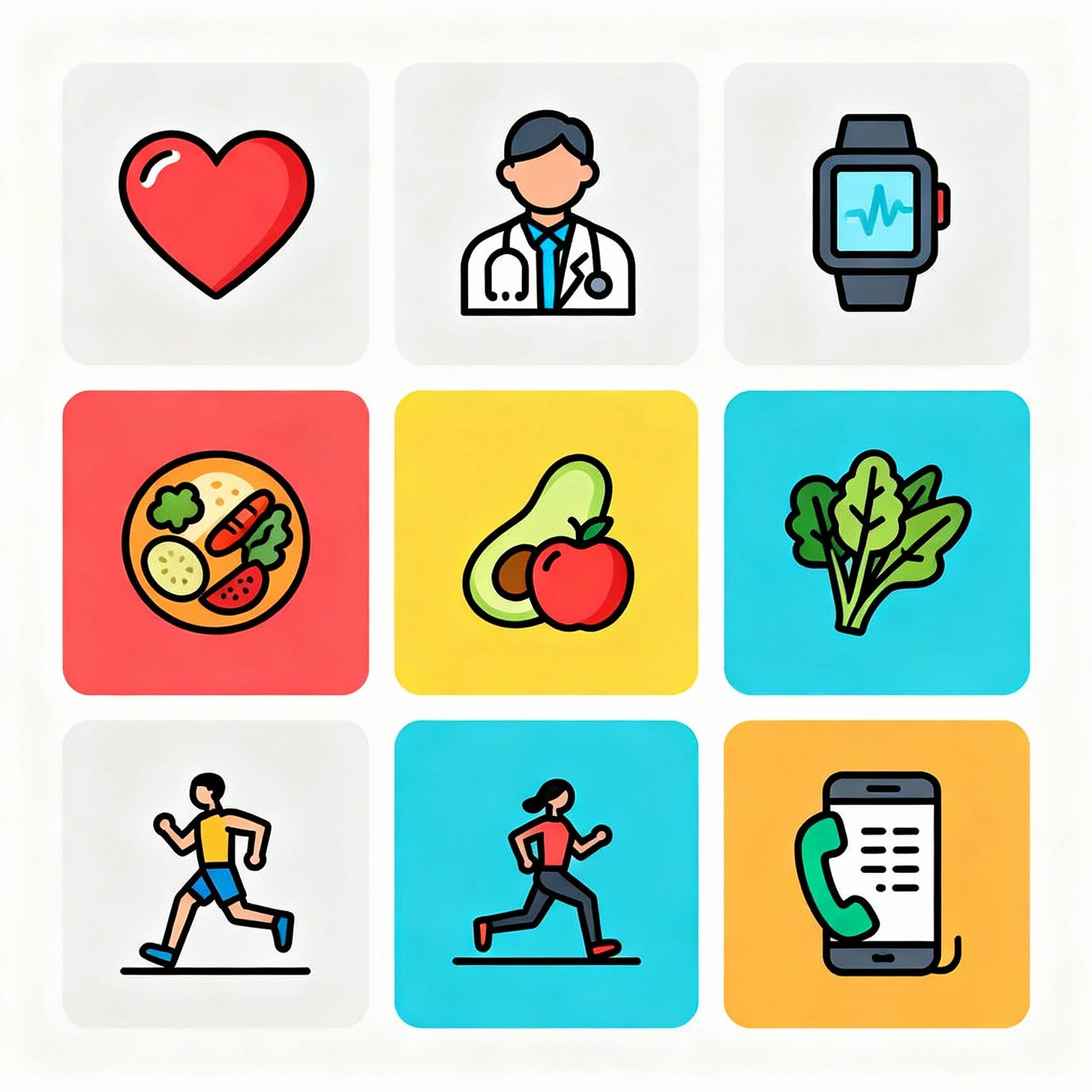Strong Hearts, Strong Lives
Celebrating World Heart Day and Protecting Senior Health
World Heart Day, marked every year on September 29, was created by the World Heart Federation to raise awareness about cardiovascular disease—the leading cause of death worldwide. The goal is to encourage people everywhere to take charge of their heart health through prevention, early detection, and healthy lifestyle choices. Some new findings and evolving technologies are beginning to shift how older adults can protect their hearts—not just through general habits, but by leveraging targeted solutions and the latest medical insights.
Special Risks and New Insights for Seniors
Recent studies reveal that cardiovascular health in adults 65 and older is declining faster than previously thought, particularly in those already diagnosed with high blood pressure, stroke, or heart failure. The biggest gaps, beyond age alone, stem from lower physical activity and poor blood pressure management—a fact that isn’t always obvious. It’s not just about moving more or eating better; even a small drop in daily steps or a mild uptick in blood pressure can accelerate deterioration at this stage of life.
Medical guidelines now encourage doctors to use advanced risk calculators, such as the ASCVD Risk Calculator; however, recent publications suggest that these become less reliable after age 79 due to shifting health profiles. This means some seniors might be under- or over-treated if only standard risk tools are used, so individualized, doctor-supervised planning has become essential.
There’s also strong new evidence that statins and other lipid-lowering medications can cut the risk of fatal heart attack, stroke, or related hospitalization in people over 75—countering some earlier concerns that older adults wouldn’t benefit as much. Importantly, the effectiveness depends on personal health history and careful medication review.
Technology: Heart Health’s New Best Friend
The array of heart health technology for seniors has grown sharply in the past year. Here are some standout advances:
Multi-lead home ECG devices like KardiaMobile 6L: Unlike most wearables, these offer clinical-grade heart rhythm data at home, detecting issues like atrial fibrillation (a leading cause of stroke in seniors) far earlier—sometimes spotting silent arrhythmias before symptoms appear. Recordings can be securely shared with doctors, reducing the need for frequent office visits and enabling prompt intervention.
Smart rings and discreet sensors: Newer “smart rings” (like the SARUNN ER or the more expensive Oura Ring, which requires a subscription) offer round-the-clock tracking of heart rate, oxygen saturation, and sleep quality, all packaged in a comfortable, senior-friendly form factor. This technology enables early warning if heart problems flare up overnight or during naps, which often go undetected.
AI in diagnostics and virtual care: Artificial Intelligence is being used to mine massive amounts of health data and spot subtle patterns in heart health—going far beyond what a routine office visit might reveal. This means faster, more accurate diagnoses and improved, personalized care recommendations, particularly for complex older patients with multiple overlapping conditions.
Medication sync with mobile apps: For those juggling multiple prescriptions, smart pill dispensers (such as the Adamson TimelyMed Smart Pill Dispenser with Alarm) or medication reminder apps connect with smartphones or tablets to help manage complex drug schedules. These reduce forgetfulness and the risk of adverse events—critical as the number of daily medications often rises in later life.
Remote monitoring and telehealth: Widely available video visits and wireless blood pressure cuffs (the OMRON Evolv, for example) let seniors check in safely and conveniently from home. Doctors can now track trends in real time, warn about changes earlier, and provide advice tailored to unique, real-world patterns—not just what’s measured in a clinic.
(If you buy something, I may earn a small commission to support TheSeniorTechie at no cost to you—thanks!)
For seniors and their families, these advances mean remaining proactive: not just accepting heart risks as inevitable, but using smart, easy-to-use tools to stay independent and well. On this World Heart Day, it’s worth talking with healthcare providers about what’s new—and how technology can help keep every heartbeat strong.



Great info!